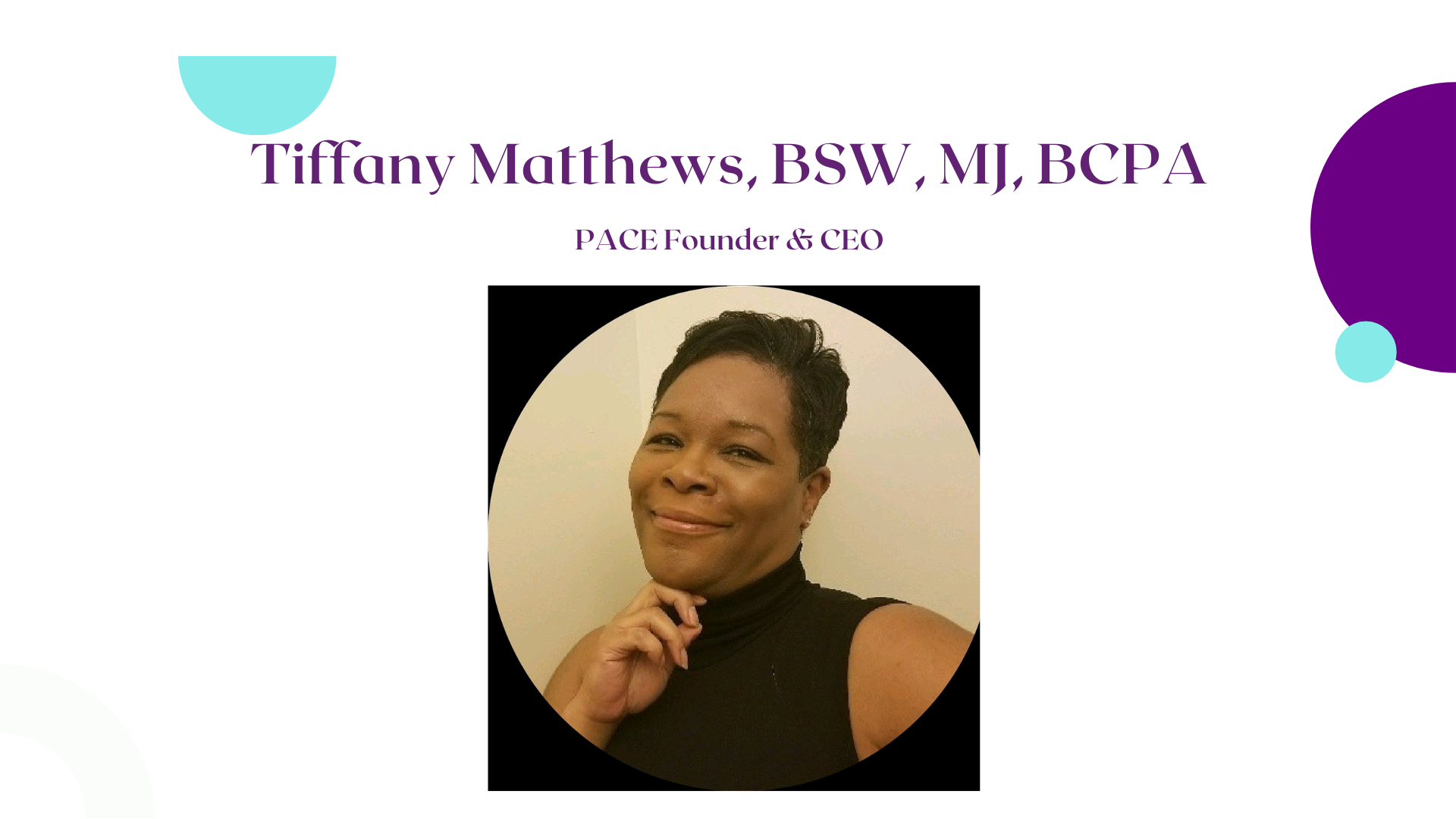
I'm Tiffany, a board certified patient advocate. Here's a bit about me:
• I am founder and CEO of PACE or Patient Advocacy and Caregiver Empowerment.
• I have chronic illness. I know the role of the patient in the healthcare system. I deal with the same ills of the system as you. Probably more, unfortunately. Check out my skin...
• I am the parent of a child with chronic illness, so I intimately understand the caregiver role in the healthcare system.
• I've been a social worker since 1994. I've been in healthcare since 1998. I know my stuff.
And like everyone else, I have a story.
I watched my family go through so much confusion and pain while my Gram was at end of life and my Mom became her caregiver.
The business of healthcare and lack of preparation from my Gram, staff was pushing us to make a decision to end her life or put her on Hospice.
The only reason she could stay in a hospital bed is if she could receive enough services to stay in the hospital bed.
My story has two parts - healthcare & caregiving.
HEALTHCARE
I heard the frustration in my mom's voice through the phone. Ever since she became caregiver for Gram, she often sounded like that.
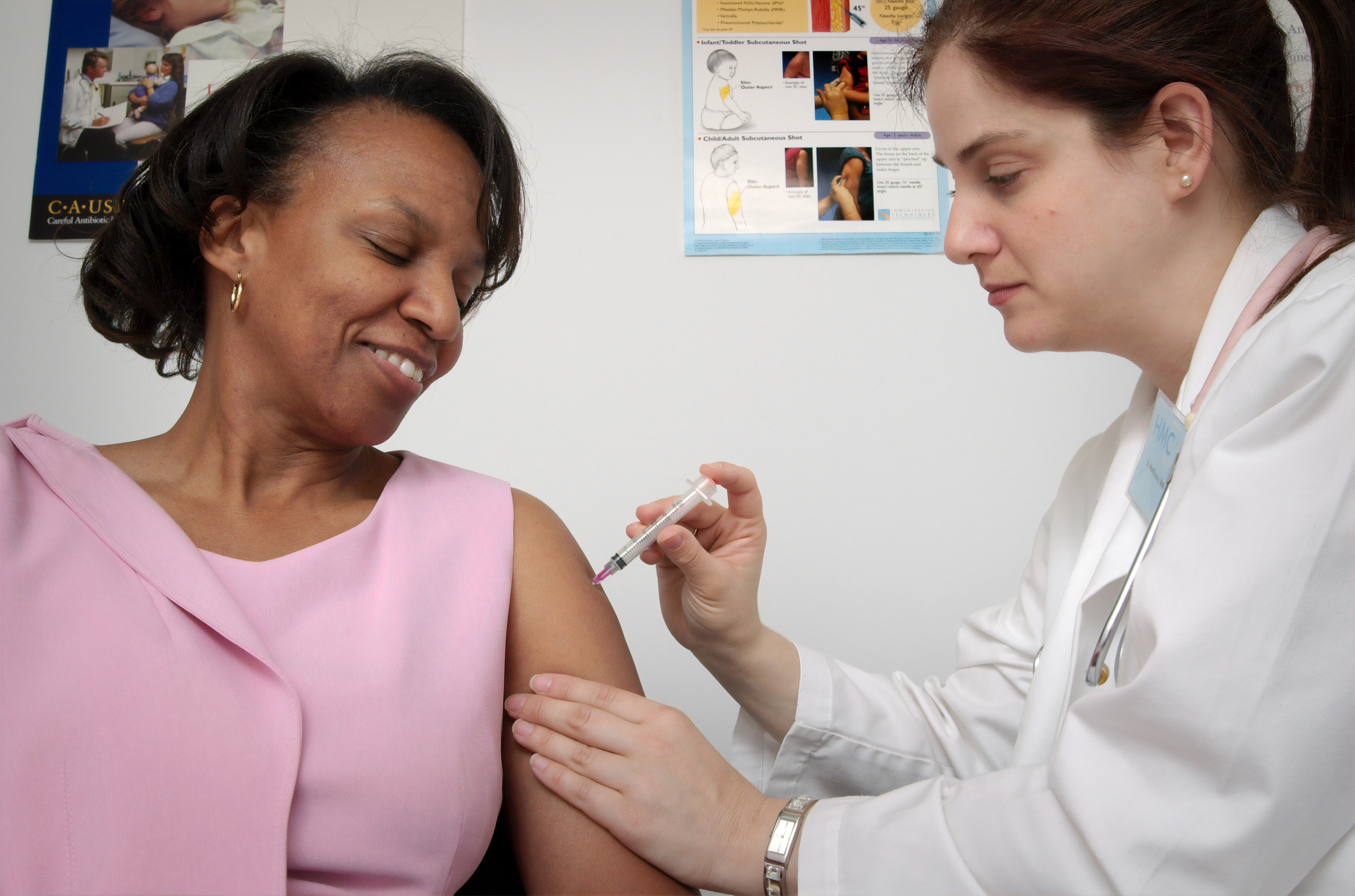 “What's wrong?” I asked.
“What's wrong?” I asked.
“I'm going to jump out of the next window I see,” she told me. “They're trying to put Gram out of the hospital. We don't have test results, and she has a tracheotomy for God's sake. We can't take care of that at home and no one is volunteering to teach us. We can't take her home.”
This hit a nerve for me. I was a hospital communications executive at the time, but I was a social worker just a few months ago.
I was the same person that discharged patients before they were ready. Patients and families are expected to do exactly as I said to do. That's how I was trained.
But this was Gram. My Gram...she fed me when I was sick and saved me from so much punishment.
She always protected me and finally, I could do something to protect her. She was our family's matriarch.
"Mom, have her call me." I knew the game the social worker had to play to keep getting her paycheck.
After I spoke to the social worker, my Mom called me back in an hour and said, "They're moving now. The doctor is coming with the test results and the nursing facility is coming to review her chart. What did you say to her? Did you threaten her or something?"
"No, Mom. I told her what she needed to hear."
I've done the job before, why was she not doing her job to the best of her ability on behalf of my Gram?
Then I thought to myself for awhile after that, why did I have to go that far?
Why did I have to tell the social worker what she needed to do?
I found something that worked in our favor, because I was inside the system and knew what to say, do and ask.
What about patients and families who did not have the benefit of a healthcare insider's knowledge?
 I made it my mission to revolutionize healthcare through increasing the healthcare literacy of patients and caregivers.
I made it my mission to revolutionize healthcare through increasing the healthcare literacy of patients and caregivers.
I dedicated my career to giving healthcare power to whom it belongs - patients and caregivers.
I don't ever want another family to feel the powerlessness we felt in the healthcare system.
We were not healthcare literate and we were not prepared.
Patients need to know how to use their power effectively, build a partnership with all of their providers and improve their healthcare consumerism tactics.
CAREGIVING
Since my Mom was the closest living female relative, she became caregiver. It was natural because my Mom and Gram lived in the same house. Mom was working full-time and had a full life. Over time, caregiving wore away at her.
 Her job wasn't helpful. The healthcare system wasn't helpful. The long-term care and home healthcare systems were confusing and delivery was, at times, questionable.
Her job wasn't helpful. The healthcare system wasn't helpful. The long-term care and home healthcare systems were confusing and delivery was, at times, questionable.
I saw my Mom breaking down and I hated it. Why was caring for Gram so hard? I'll tell you…
• Gram did not have her wishes spelled out, so there was a lot of stress and fighting within our FAMILY
• My Mom had done smaller tasks like going to the store for Gram, but had to ramp up quickly as Gram became more ill, for which she was unprepared
• Mom's employer was becoming less sympathetic to Gram's situation and didn't hide their disdain.
My Mom was breaking under the stress and Gram was dying. It was soul-wrenching for me. It was for all of us.
And beyond giving healthcare and social work advice, I had to stand by and watch helplessly.

Do you understand what I mean?
After Gram passed away, I found out more about her healthcare experience from my Mom. I was angry. I went back to work so angry, my boss remarked on it.
I had to figure out a way to get it together. So, I started writing...I have always loved it. About healthcare. About Gram. About caregiving and Mom. It was making me more angry.
I started thinking, how many other people out there need help? From my work, I knew it was a lot. Families always came into the hospital or nursing facility saying things like, "I didn't know that" or "I wish someone told us this before."
I started writing even more. And doing more research on healthcare. I didn't know why, but I had to get this anger out.
Anyone in my life that needed healthcare advice, I was on it. I was totally overzealous. I love hard.
I was determined to do something in Gram's name. I always loved helping others and hated injustice.
Why else was I a social worker? It certainly wouldn't be for money or recognition.
Social workers and all healthcare personnel rock...at least the ones who do their job to the best of their ability.
The system does NOT make that easy when profit is king.
So..after over a decade of research, work, writing and literal tears, I now have PACE. I decided to dedicate my career to helping women have better healthcare and caregiving experiences.
I can only hope Gram is proud of me.
LADIES, HEALTHCARE IS NOT ON OUR SIDE!
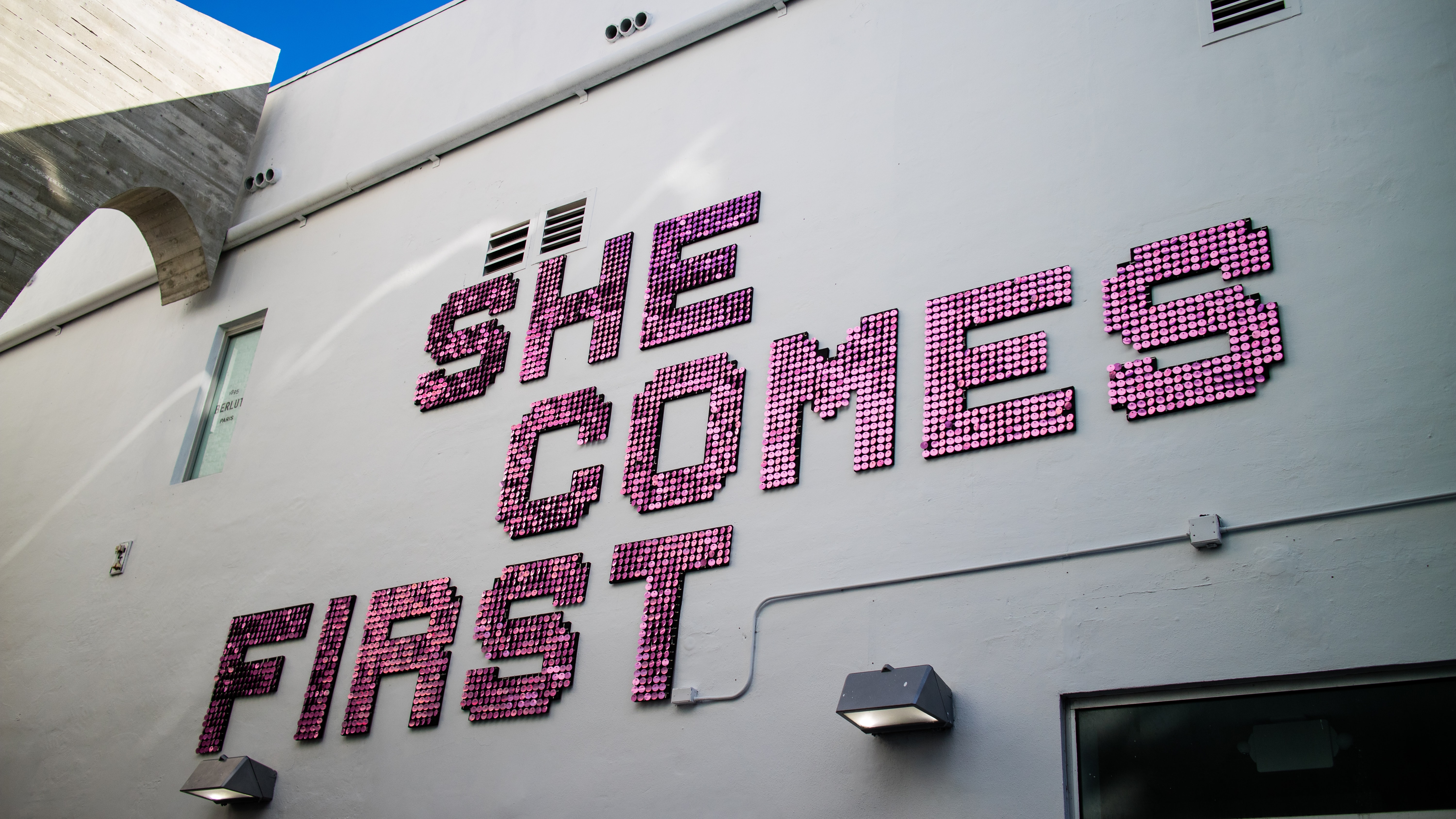 OK…
OK…
We want the best healthcare possible, right? And caregiving and eldercare shouldn't be so difficult. But unless YOU change the tide, you will experience the same things my family did.
We weren't proactive. We weren't even aware, much less prepared.
But you and I have a lot in common. So I want to help you with your care and treatment. I want to help you organize your caregiving experience and teach you your role in the system.
Let me ask you…
Do you come out of your healthcare appointments dazed? Or frazzled? Freaked out asking what happened?
 Does your doctor even listen to you?
Does your doctor even listen to you?
Do you have the provider that meets your unique needs? How about your health insurance?
When your requests are made, are they respected? Or are you dismissed thinking you're crazy? Are you downright ignored?
Have you ever experienced racism or bias or other kind of discrimination during your healthcare journey?
Bias and discrimination happens often enough to affect the healthcare outcomes of all women, particularly Black women.
As a Black woman, that hurts my heart. I have heard story after story from woman after woman about being ignored or dismissed in their healthcare. I have dealt with bias and discrimination in the system myself. Healthcare bias can kill, and does.
 We can fight back.
We can fight back.
Caregiving - While absolutely noble, it can be very stressful and difficult.
You play the role of the patient in the healthcare system, so you must know the patient's role very well to act on their behalf.
You need a team to support you.
You need to address the care recipient's unique circumstances.
You need to navigate their healthcare and treatment.
Whether you're a parent caring for a child with chronic illnesses or a child caring for a senior parent, you must know your role in the system to avoid the pitfalls in the system.
You know, our dysfunctional healthcare system.
Caregivers go through an abundance of emotion and face tons of stress in trying to care for their loved one.
Some caregivers die before the people they care for. Stress and Burnout kills.
Many caregivers don't get what they need for an abundance of reasons.
And they shouldn't have to sacrifice their existence to be successful.
This shouldn't be. At all.
I can help you have a better healthcare experience through education and advocacy.
I want to improve your caregiving in and out of the system, too.
You can become a stronger healthcare consumer and ease your caregiving.
All by becoming a Powerful Patient Partner™.
I have put in the time to help you with your healthcare and caregiving because you already have enough to do.
These courses are made to fit into your schedule and life, not the other way around.
P4 is the way to empower women affected by chronic illness to demand better care & treatment and change the system.
I guarantee that you will be a stronger, more involved patient. Since any caregiver must act for the patient, they must know the patient's role intimately. Your caregiving responsibilities get much easier if you know your way around healthcare.



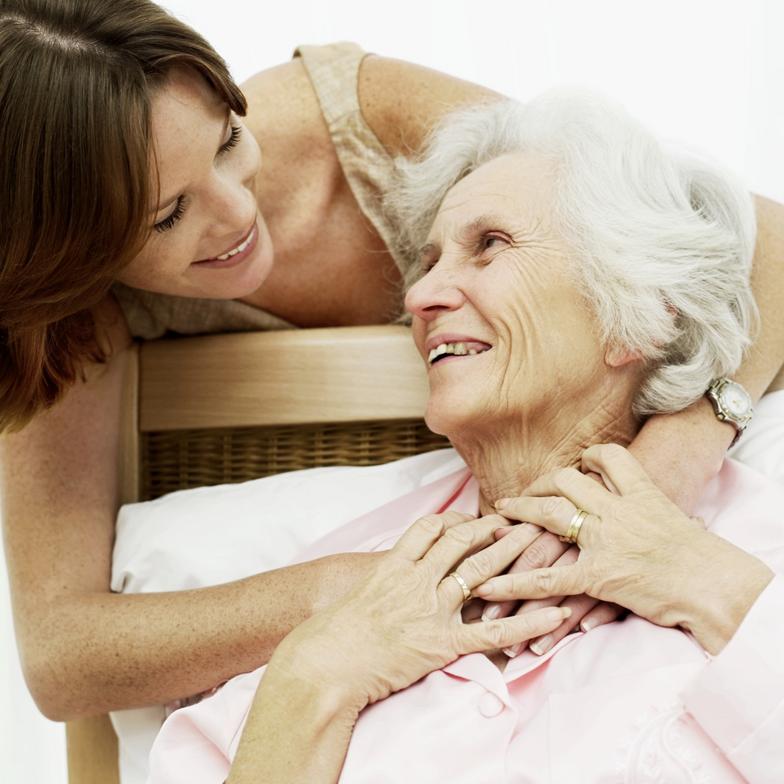 Caregiving can happen slowly over time with help for someone over time, increasing as time goes on.
Caregiving can happen slowly over time with help for someone over time, increasing as time goes on.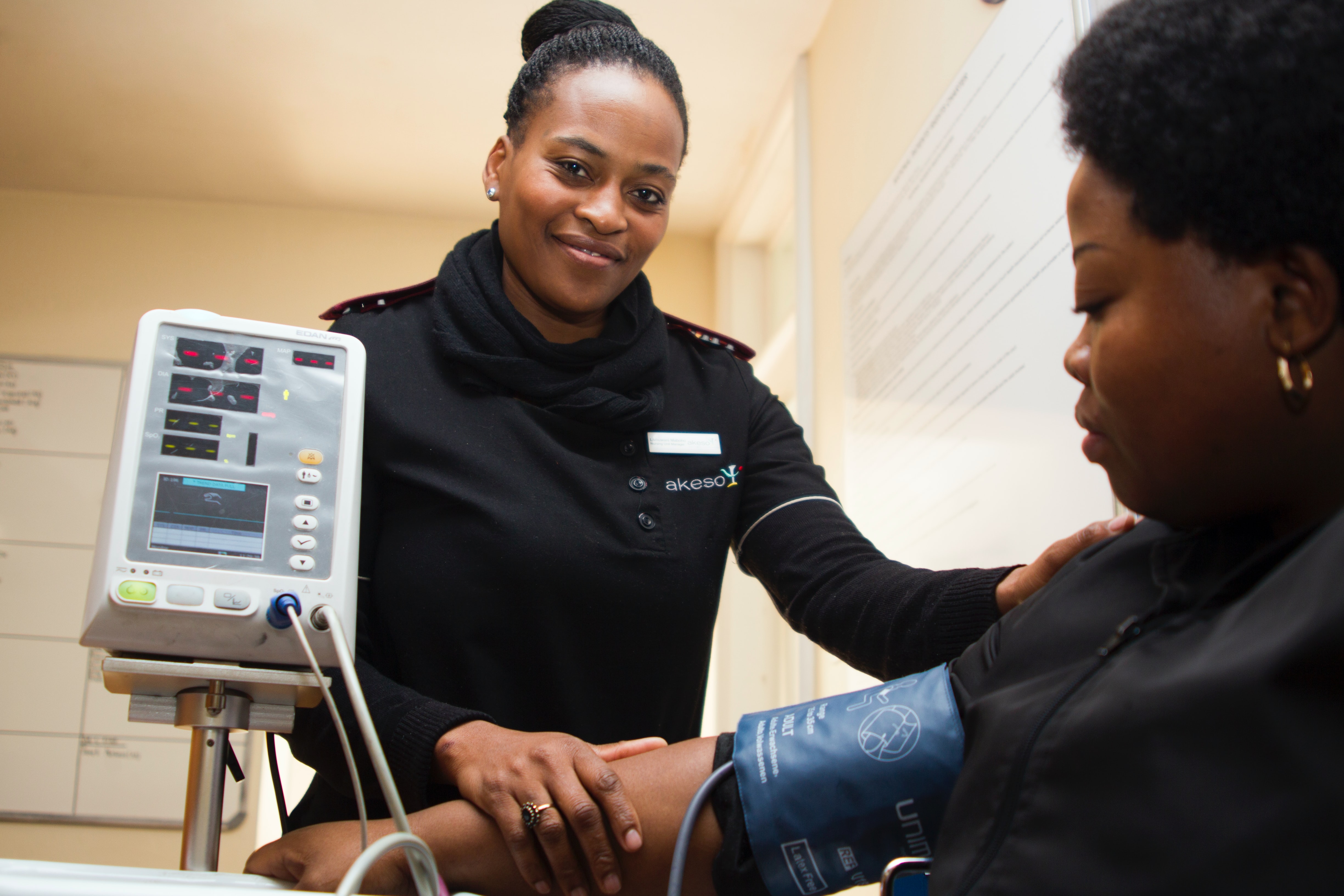
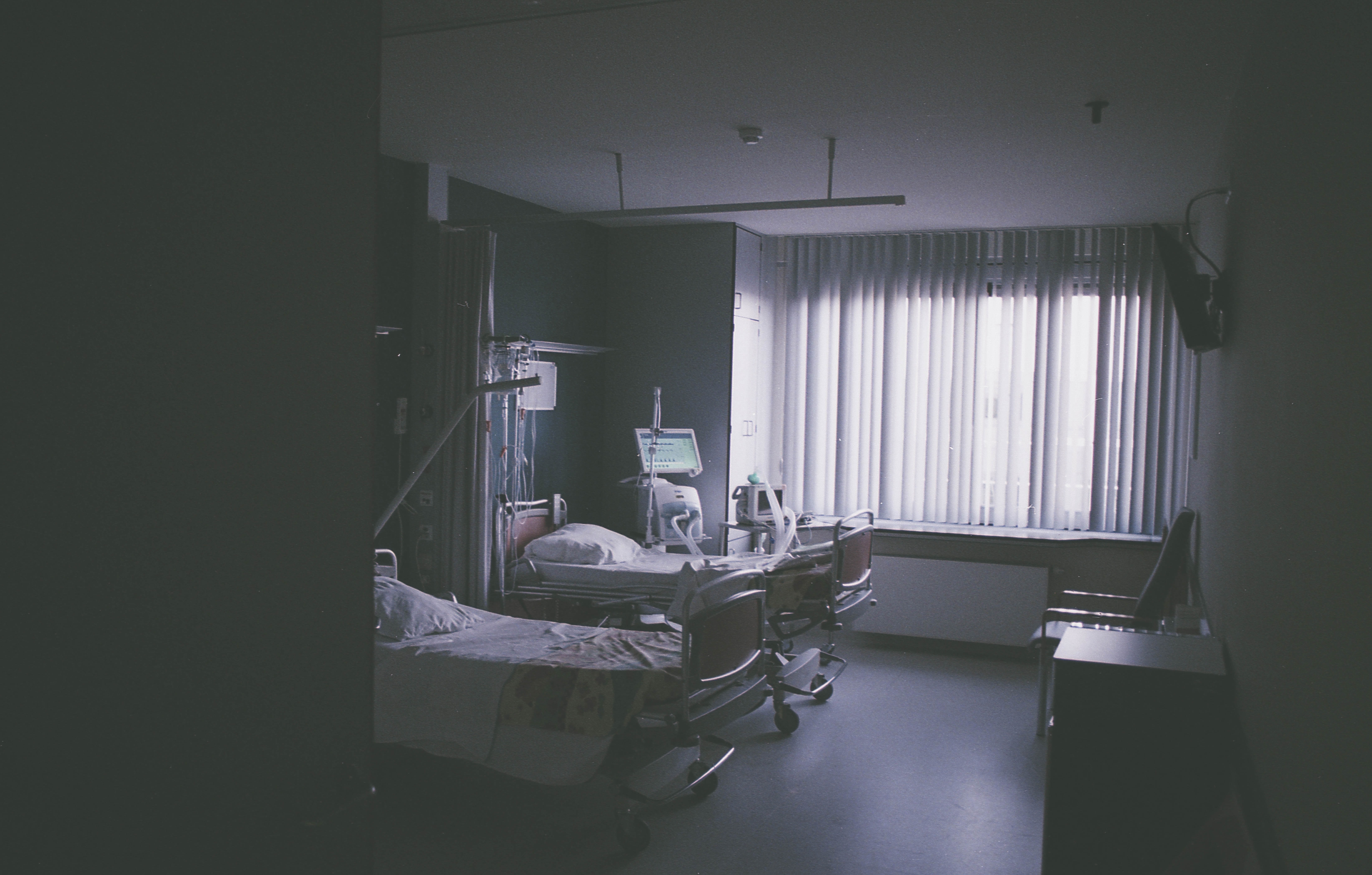

 “What's wrong?” I asked.
“What's wrong?” I asked. I made it my mission to revolutionize healthcare through increasing the healthcare literacy of patients and caregivers.
I made it my mission to revolutionize healthcare through increasing the healthcare literacy of patients and caregivers.  Her job wasn't helpful. The healthcare system wasn't helpful. The long-term care and home healthcare systems were confusing and delivery was, at times, questionable.
Her job wasn't helpful. The healthcare system wasn't helpful. The long-term care and home healthcare systems were confusing and delivery was, at times, questionable.
 OK…
OK… Does your doctor even listen to you?
Does your doctor even listen to you? We can fight back.
We can fight back.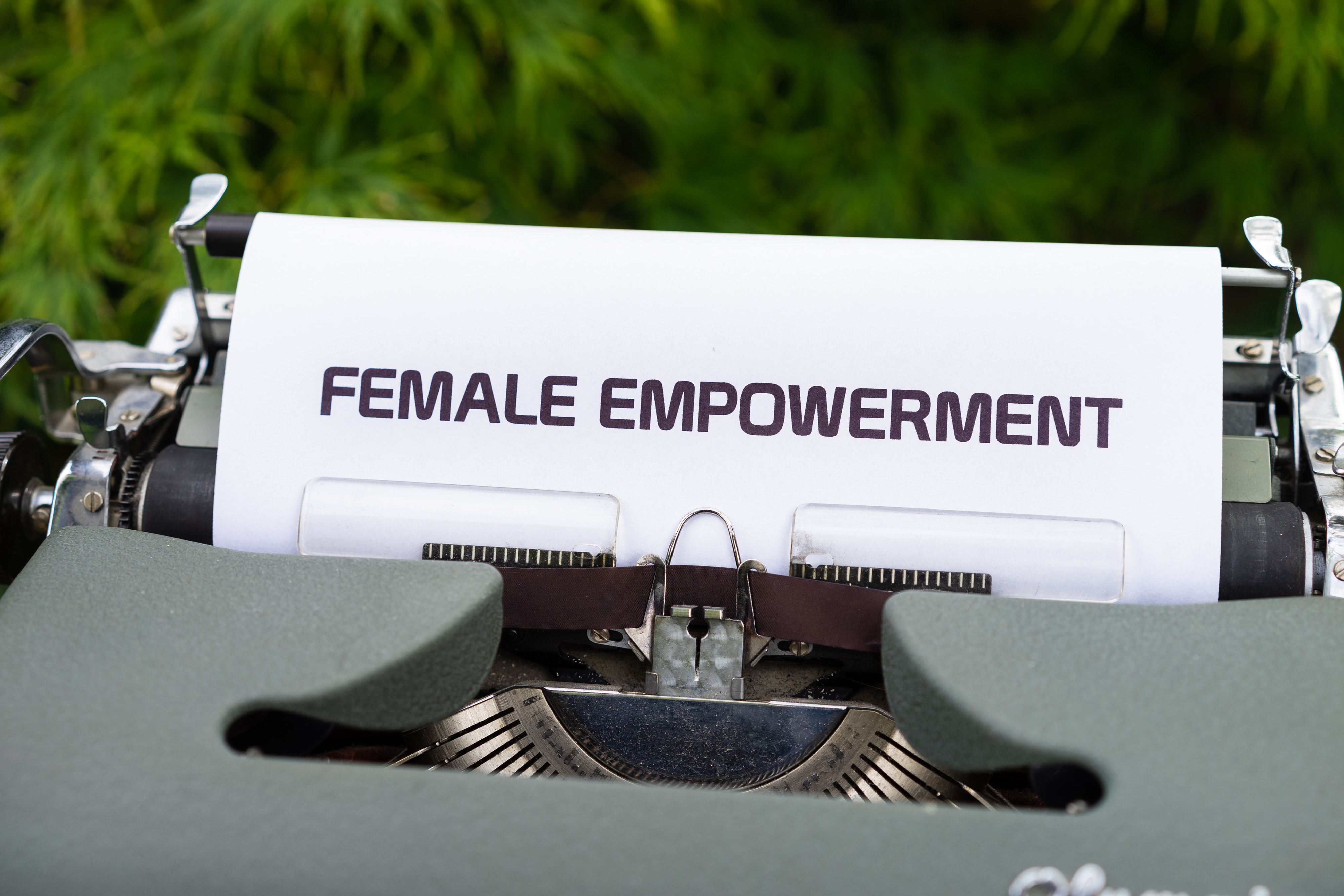 What are you waiting for?
What are you waiting for?